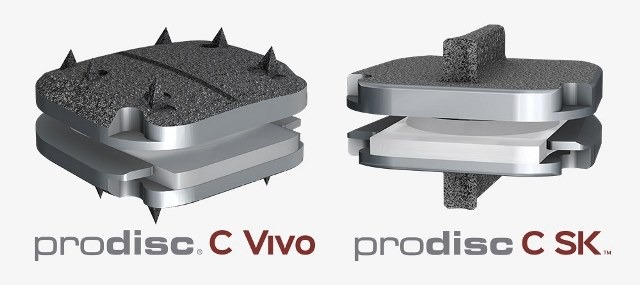
The two-level clinical trial will compare the prodisc devices, including prodisc C Vivo and prodisc C SK, with an approved total disc replacement (TDR) product as a control to validate their safety and effectiveness.
The prodisc C Vivo product, which has been used since 2009, is the most frequently implanted total disc replacement outside the US.
The prodisc C SK implant is a variation of the prodisc C Nova device, and it has been used outside the US since 2010.
Centinel Spine intends to immediately start the prospective, randomised and multi-centered clinical study in multiple centres across the US.
Both prodisc C devices deploy the same mechanism-of-action similar to the currently marketed prodisc C implant, which secured PMA approval in 2007 and commercially available across the US.
According to the company, the prodisc C Vivo and prodisc C SK products principally differ from prodisc C in the way they interface with the vertebral body. The interface variations will allow surgeons to better correlate the implant to a patient’s anatomy.
The trial will compare both devices with an existing TDR device currently approved by the FDA for two-level indications.
Recently, Centinel Spine acquired prodisc total disc replacement technology platform, a major cervical and lumbar motion-preserving reconstruction portfolio.
Centinel Spine chairman and CEO John Viscogliosi said: “Approval of the prodisc C Vivo and prodisc C SK products in the United States will enable Centinel Spine to provide the widest range of TDR products to surgeons and patients in the world. The prodisc platform is the most clinically studied and proven TDR technology on the planet.
“The goal of Centinel Spine is to provide surgeons with multiple clinically-proven TDR implant options to match a patient’s anatomy.”
Centinel Spine commenced operations in 2008 through the merger-acquisition of two medical device firms Raymedica and Surgicraft.
Raymedica is the UK-based firm that first launched Stand-Alone/No Profile anterior lumbar interbody fusion device in the world.






